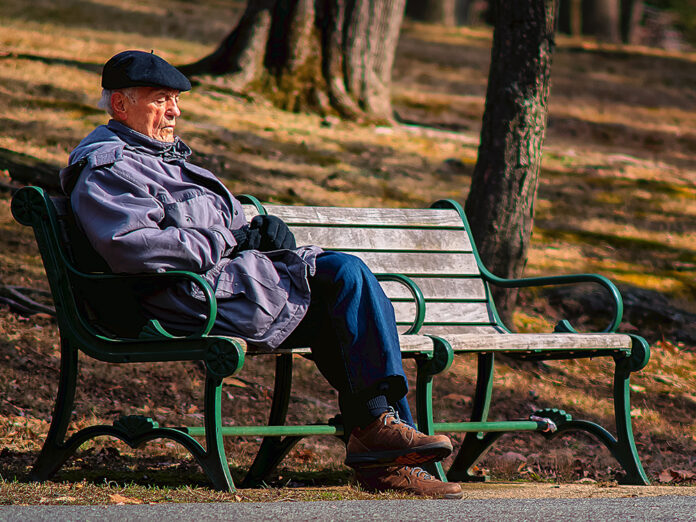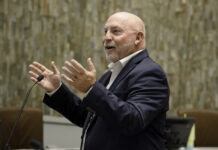
On average, adults need about 7-9 hours of sleep. Researchers say people can survive longer without food than without sleep! It’s a time for cell growth, rest for the body and housekeeping for many bodily functions. It is also a time to form long-term memory and learning functions. Less sleep may cause our brains to age faster.
The sleep process is all about light, deep and REM cycles. Internal biological mechanisms (circadian rhythm and homeostasis) help control when you are normally asleep or awake.
Sleep deprivation. For older adults, sleep is an issue when we don’t get enough. It’s called sleep deprivation and it has many warning signs, including feeling drowsy or falling asleep during the day while watching a movie or driving, forgetfulness, lack of focus and depression. Stimulants like coffee can’t prevent the effects of severe sleep deprivation.
Common sleep issues for older adults include:
• Frequent waking overnight to use the bathroom prevents deeper sleep cycles.
• Aches and pains inhibiting a comfortable sleeping position.
• Disorders such as sleep apnea, restless leg syndrome or other movement disorders.
• Insomnia sometimes caused by medication interactions and increased anxiety and stress from isolation and the loss of independence.
Tracking your sleep. A multitude of wearable devices today can collect and help analyze our sleep patterns and data.
Safe sleeping. Sleep problems can lead to a higher risk of falls and accidents. Reduce risks in the bedroom and make it easier to seek help in case of a problem.
Source: Lunden, Joan (2020), “Why Did I Come into This Room — A Candid Conversation about Aging.” Forefront Books, pp 77-78.
TIPS FOR BETTER SLEEP
• Follow a regular sleep schedule.
• Exercise regularly but no later than five hours before going to bed.
• Avoid tobacco, caffeine, alcohol and large meals late in the day.
• Get daily sunlight.
• Stay well-hydrated.
• Keep your bedroom at a comfortable temperature.
• Avoid electronic devices with screens before bedtime.
• Get checked out by a doctor.
Ron Smith is a Maricopa resident and aging-in-place advocate. He is a member of the Age- Friendly Maricopa Advisory Committee, a member of the Maricopa Senior Coalition and a certified aging-in-place specialist.
This column appears in the August issue of InMaricopa magazine.

![3 things to know about the new city budget Vice Mayor Amber Liermann and Councilmember Eric Goettl review parts of the city's 2024 operational budget with Mayor Nancy Smith on April 24, 2024. [Monica D. Spencer]](https://www.inmaricopa.com/wp-content/uploads/2024/04/spencer-042424-preliminary-budget-meeting-web-218x150.jpg)






![MHS G.O.A.T. a ‘rookie sleeper’ in NFL draft Arizona Wildcats wide receiver Jacob Cowing speaks to the press after a practice Aug. 11, 2023. [Bryan Mordt]](https://www.inmaricopa.com/wp-content/uploads/2024/04/cowing-overlay-3-218x150.png)



![Alleged car thief released without charges Phoenix police stop a stolen vehicle on April 20, 2024. [Facebook]](https://www.inmaricopa.com/wp-content/uploads/2024/04/IMG_5040-218x150.jpg)

![3 things to know about the new city budget Vice Mayor Amber Liermann and Councilmember Eric Goettl review parts of the city's 2024 operational budget with Mayor Nancy Smith on April 24, 2024. [Monica D. Spencer]](https://www.inmaricopa.com/wp-content/uploads/2024/04/spencer-042424-preliminary-budget-meeting-web-100x70.jpg)


